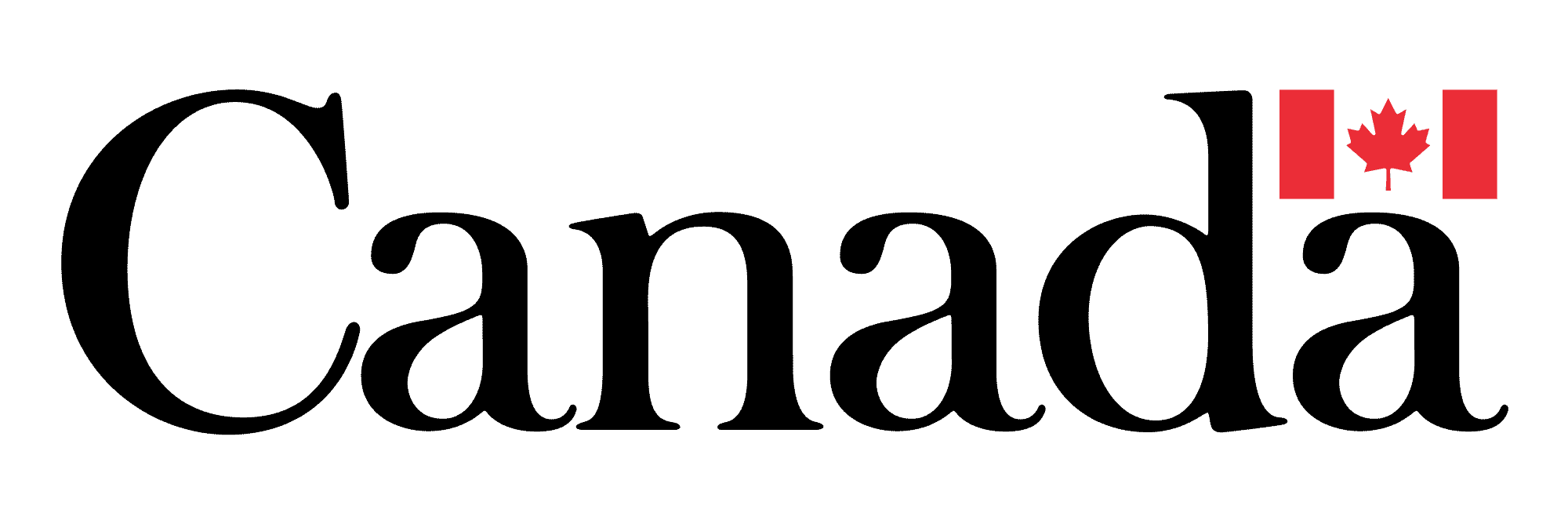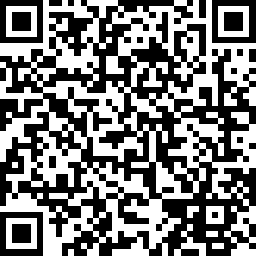Gendered Digital Hate, Harassment, and Violence Series
Facebook, Twitch, Discord, Tinder, X, Instagram, TikTok, YouTube, Reddit, LinkedIn, Zoom. Digital life is real life. And digital spaces aren’t safe for everyone.
Whether you’re on social media, streaming platforms, dating, messaging and meeting apps, or on game sites, if you’re a woman, girl, or Two Spirit, trans, or non-binary person, you’re at greater risk of hate, harassment, and violence.
1 in 5 women experience online harassment in Canada. Young women, racialized women, and 2SLGBTQIA+ people are amongst those who face higher risks. Canada’s rising rate hate crimes is in large part due to increased hate in digital spaces against women, 2SLGBTQIA+ people, and targeted ethnic and religious groups.
Gendered digital hate, harassment, and abuse happens everyday. It’s pervasive, urgent, and growing.
You deserve to be safe and free from harm.
Over the coming months, we’re delving into this with leading experts and content creators, releasing in-depth episodes every single week. We’ll talk about the problem and what we can do to change it. We’ll offer practical tips to help you in your digital life, and we’ll talk about what it means to “take back the tech” for all of us.
There are no easy answers or quick fixes. But one thing is clear: power, safety, support, and rights to thrive, today and tomorrow, won’t be our reality until we’re safe everywhere, including digital spaces.
Listen wherever you get your podcast content: Amazon Music | Spotify | Apple Podcasts | Google Podcasts | Anchor | Pocket Casts | RadioPublic
Contact us: podcast@canadianwomen.org
“We accept that harassment of women is simply the cost of their social media engagement, or worse, that women are expected to endure harassment and silencing in the name of ‘free speech’. It is long past time for that to change.”
“Whether you whisper or whether you yell, speaking up against these kinds of things doesn’t need to be always a massive, courageous event… think about some ways that you can help, even little things like reporting comments – those do help.”
“The venom that’s coming is really emerging from, I think an unsettling and often subconscious sense that these long, taken for granted, social hierarchies might be shifting, right? That they might be upsetting the footing of those who’ve been traditionally able to speak and be listened to without either being challenged or without more competition for even just airtime.”
Attacked for Being a Non-Compliant Woman Online With Sarah Sobieraj
“It’s so important for, you know, bystanders to be active, not just passive bystanders. Whether that is in the physical world, where it’s harassment on people in the street, where it’s important to intervene. The same is true for, you know, the online world.”
“They look for any space in which they can spread the hate and the disinformation – and disinformation always underpins hate.
Always, always, always, always.
It’s a lie at the heart of it and they found the places where they can spread those lies and they have colonized them incredibly effectively.”
“Maybe every single creator I know who works in the body positivity or the plus-size space has had to take a break at least once from their platforms because it’s become so overwhelming … people’s bodies are sacred and they’re their own. And we have to remember that commenting on them, whether we have a good intent or not, it’s not about our intent, it’s about our impact.”
“But the question is, is there something better than this engagement-based virality model to capture our eyeballs? And here’s what I think. I think what we need to do is reward behaviour that is consensus building. Build that into these algorithms. So, instead of rising to the top of the news feed for taking down someone who you know who has a different political view – which is what’s going on right now – boost the people whose messages are getting positive feedback from lots of different types of people.”
“When I see what happens to me online, it really is just how society treats women in general, amplified. I am seeing, in my DMs, in my comments every day, the little microaggressions that women who never share their lives online face every day.”
“The impacts of queerphobic online hate are significant. Beyond the emotional, physical and mental tolls on an individual, these attacks affect entire groups and communities. The sense of belonging and safety that rainbow spaces provide can be eroded… So that’s why it’s really important that we recognize the rise of online hate as a collective issue that is threatening our human rights and our democracy.”
“As much as it might be difficult to have those conversations… we have to continue to have those conversations… I think we, a lot of times, forget that we are all humans here navigating this and it’s important that we realize that we are all part of these systems that were put in place.”
“Applying an intersectional lens is so important in this work, especially because we’ve known for a long time that women, gender-diverse folks who are, you know, also racialized, Indigenous, disabled, queer, trans, any combination of the above, have different experiences of tech-facilitated gender-based violence that, really, white cis able-bodied women don’t experience.”
Missing Voices in Hate and Harassment Data With Nasreen Rajani
“It’s almost become just de facto that if you’re going to be a woman out there on social media sharing your opinion, backed up by evidence, that you will be beat down by the online abuse. You’re going to experience it. It’s a given.”
“This is your space online, and nobody’s entitled to it… And when you believe that nobody is entitled to it, it makes you feel a bit more empowered to keep your space safe for yourself and for others. Because it’s online, it’s like, ‘oh well, anybody can say what they want’. Well, no, they can’t. They’re not entitled to it.”
“I think about, you know, how online safety and the vitriol that so many Black folks experience, that it’s almost become a norm. That they don’t see it as a safe space. We don’t talk about the folks that are leaving because of the systemic racism and violence that they experience.”
“And I think that’s exacerbated by the fact that Canadian far right actors, in particular, are very active in the online sphere. Part of our last study working with the Institute for Strategic Dialogue out of the UK, I mean they found that amongst some of the most virulent far right forums, Canadian actors are the most frequent posters. That’s that’s something I think we need to sit up and take notice that we’re contributing to this toxic environment…”
Rising Extremism and Gendered Digital Abuse With Barbara Perry
“…survivors didn’t necessarily understand or know prior to our trainings that tech-facilitated gender-based violence is violence, or is a form of violence; that the behaviours that abusers are choosing to do through technology – like harass, threaten, location check, stalk, impersonate, post or share those nude images without consent, or defame… – folks don’t understand that all those behaviours are illegal.”
Technology-Facilitated Gender-Based Violence With Rhiannon Wong
“As part of the larger whole, the more intersecting factors around identity obviously exacerbate the risk and the harm that people experience. There’s not enough research about this, particularly in Canada, but YWCA actually commissioned a report last year that found that 83% of women and gender-diverse people between 16 and 30 have witnessed online hate speech in the last 24 months.”
“One quote that really stuck with me from one of our focus group participants was when she said, ‘Simply existing online as a woman, trans or gender-diverse person is seen as an invitation to hate.'”
Being Young and Facing Gendered Digital Abuse With Amanda Arella
This project is funded in part by the Government of Canada.

Take our survey
 Take 3-4 minutes and answer our survey regarding online hate and harassment.
Take 3-4 minutes and answer our survey regarding online hate and harassment.
You can scan the QR code or click here: Online survey
Thank you!
Relevant Links
- Dealing with Online Hate: Influencer Tips
- 6 Tips on How To Curate Your Algorithm
- 5 Tips for Online Safety
- Social Media Platforms – Policy Cheat Sheet
- Addressing Online Hate e-learning module by Mosaic Institute
- The Canadian Anti-Hate Network
- Ontario Digital Literacy and Access Network
- Report Hate website by The Coalition of Muslim Women of Kitchener Waterloo
- MediaSmarts: Canada’s Centre for Digital Media Literacy
- How to Be a Woman Online: Surviving Abuse and Harassment, and How to Fight Back by Nina Jankowicz
- Credible Threat: Attacks Against Women Online and the Future of Democracy by Sarah Sobieraj
- Breaking the Social Media Prism: How to Make Our Platforms Less Polarizing by Chris Bail
- The Internet Isn’t All Rainbows: Exposing and Mitigating Online Queerphobic Hate Against 2SLGBTQ+ Organizations
- Online misogyny: the “manosphere” | CMHR (humanrights.ca)
- Understanding Hate in Ontario: A Report by Mosaic Institute
- YWCA Canada’s 2022 #BlockHate Research Report & Polling Data
- How to Be a Woman Online With Nina Jankowicz
- Digital Creator Kairyn Potts
- Attacked for Being a Non-Compliant Woman Online With Sarah Sobieraj
- Digital Creators Emma & Floli
- Countering Digital Hate With Imran Ahmed
- Digital Creator Brynta Ponn
- Breaking Social Media Polarization With Chris Bail
- Digital Creator Libby Ward
- Rainbow Organizations Facing Hate With Stephanie Jonsson
- Digital Creator Fallon Farinacci
- Missing Voices in Hate and Harassment Data With Nasreen Rajani
- Digital Creator Hannah Sung
- Digital Creator Alicia Mccarvell
- Misogynoir in Digital Spaces With Yamikani Msosa
- Rising Extremism and Gendered Digital Abuse With Barbara Perry
- Technology-Facilitated Gender-Based Violence With Rhiannon Wong
- Taking Action on Online Hate With Leigh Naturkach
- Being Young and Facing Gendered Digital Abuse With Amanda Arella


